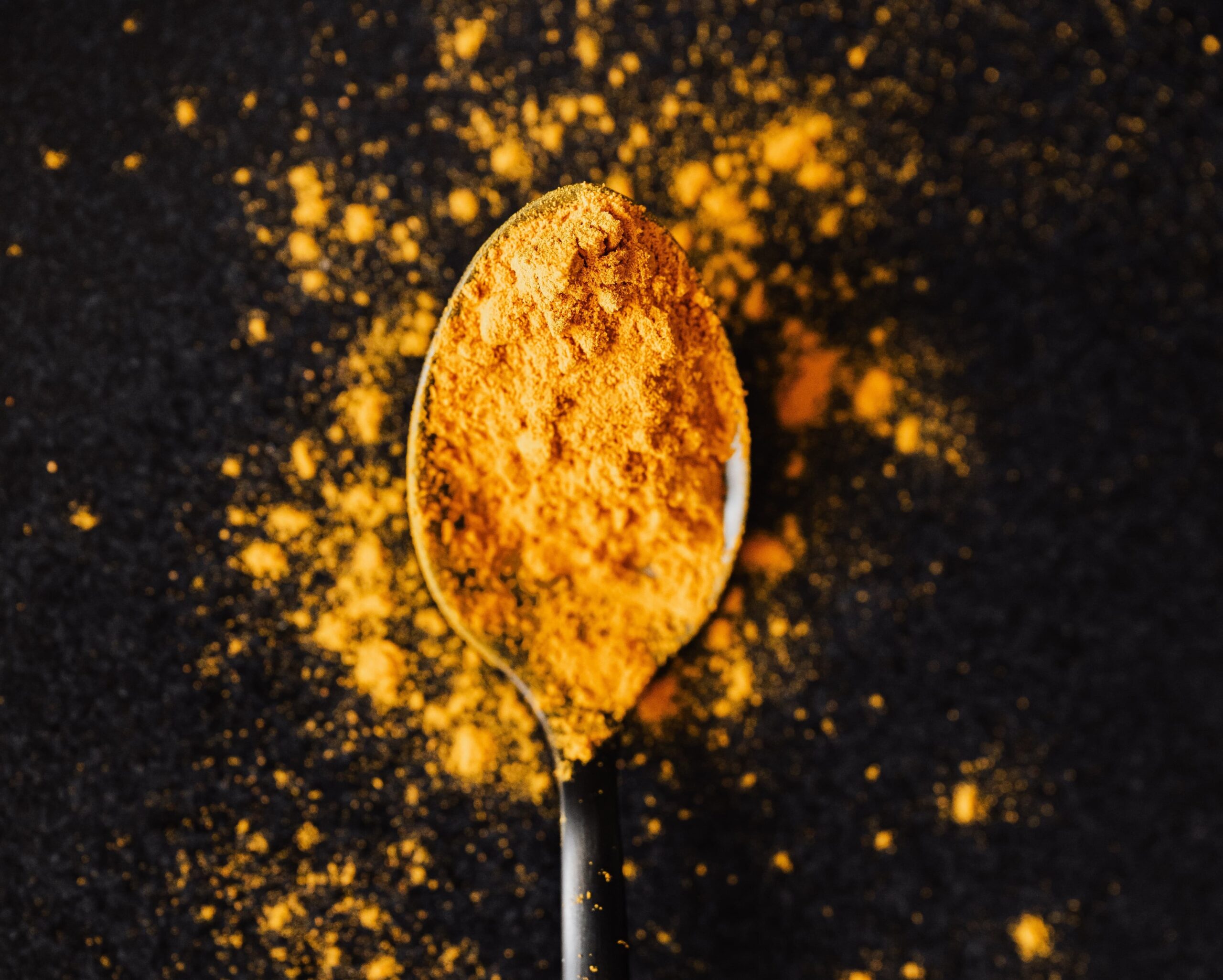Turmeric is the main spice used in Indian curry and has been used in Indian culture as a home remedy for many years due to its medicinal benefits. Read our handy guide to find out how this little herb can help you.
Anti-inflammatory
Turmeric contains a natural anti-inflammatory compound called Turmeric Curcumin, which helps your body to fight foreign bacteria and also helps to repair the damage.
While acute inflammation is beneficial for your body and allows for effective fighting bacteria, long-term internal inflammation has recently been linked to a number of chronic illnesses, such as heart disease and some cancers.
Thus, including turmeric in your diet can help control inflammation for long-term health benefits.
Aids digestion
Turmeric is also great for your digestive system and can help with a wide range of gastrointestinal problems. It can also enhance your digestion and can help the liver work more efficiently assisting with the detoxification processes.
Anti-oxidant
Turmeric drastically increases the antioxidant capacity of the body. Oxidative damage (caused by unstable atoms called free radicals) that occurs naturally in your body, leads to a number of diseases and also speeds up the ageing process.
Compounds found in turmeric neutralize free radicals due to its chemical structure and boost the activity of your body’s own antioxidant enzymes.
Boosts brain power
Turmeric has been proven to help lower your risk of brain disease and has been shown to increase brain function.
As mentioned above, turmeric contains curcumin which increases the levels of a type of growth hormone called Brain Derived Neurotropic Factor (BDNF) which contributes to brain functioning and can even improve memory.
Lowers risk of heart disease
Turmeric can help improve the function of endothelium which is found in the lining of blood vessels, this helps to regulate blood pressure and blood clotting.
It also helps in maintaining heart health by reducing cholesterol oxidation, plaque build-up, clot formation, reducing bad cholesterol (LDL) and reducing pro-inflammatory response.





